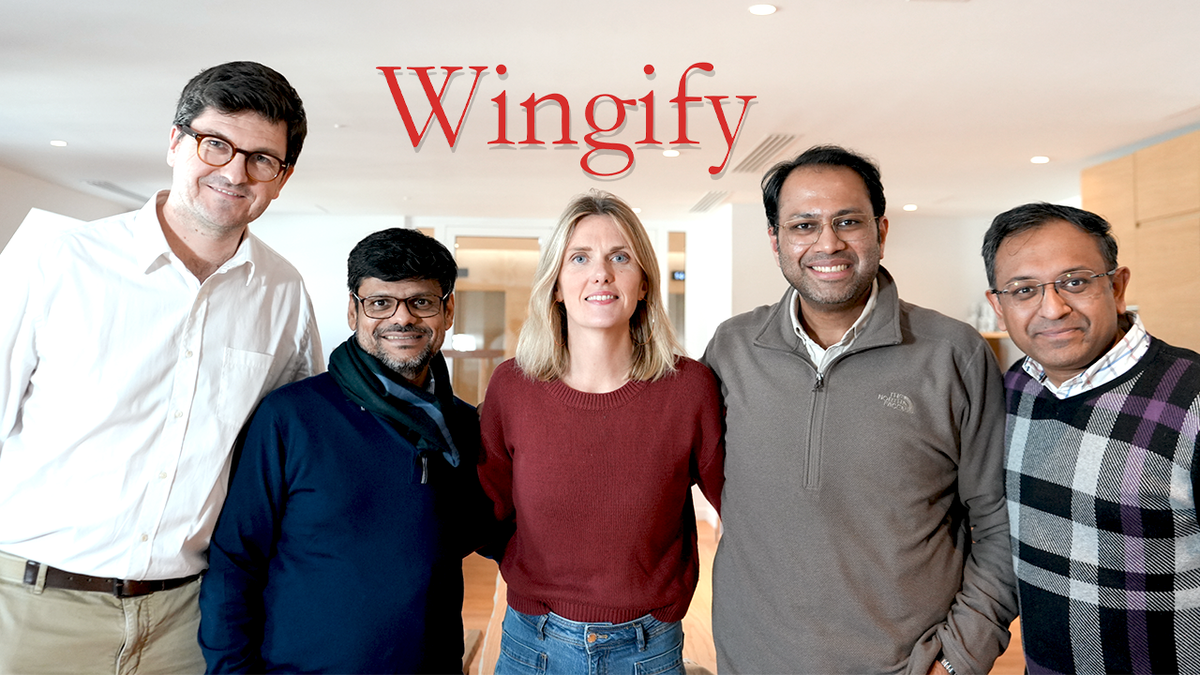Highlights
Eternal Limited’s Shift to Inventory Control in Quick Commerce
Eternal Limited, the company that was previously known as Zomato, is preparing to implement a significant strategic change in its quick commerce division, Blinkit. This change involves directly owning inventory, a transition made possible by the company’s recent designation as an Indian-owned and controlled company (IOCC), as outlined in a letter to shareholders.
This strategic shift aims to bolster operations and enhance profit margins as Eternal faces escalating competition from both established enterprises and new players in the quick commerce sector.
Financial Implications of the Inventory Model
Eternal anticipates that the implementation of a full inventory model will necessitate less than Rs 1,000 crore in working capital. This figure constitutes merely about 5% of Blinkit’s projected Net Order Value (NOV) of Rs 22,000 crore for FY25.
When queried about how a completely inventory-based model could be executed with Rs 1,000 crore, Eternal’s CFO Akshant Goyal clarified that in the fast-paced world of quick commerce, inventory circulation occurs swiftly. Consequently, the company expects working capital expenditures, in relation to the overall business scale, to remain relatively minimal.
Expansion and Challenges Faced by Blinkit
The initiative to manage inventory for Blinkit coincides with the firm’s aggressive growth in Q4 FY25, during which the company added 294 new stores and expanded warehouse space by over 1 million square feet, reaching a total of 1,301 stores. However, this rapid expansion resulted in increased EBITDA losses for Blinkit, rising from Rs 103 crore in Q3 to Rs 178 crore in Q4 of the previous fiscal year (FY25).
Despite the rise in short-term losses, Eternal maintains an optimistic outlook regarding the long-term profitability of the quick commerce sector. The company is not currently planning to introduce private labels but has suggested that better inventory management could potentially elevate EBITDA margins beyond the existing target of 5-6% of NOV.






